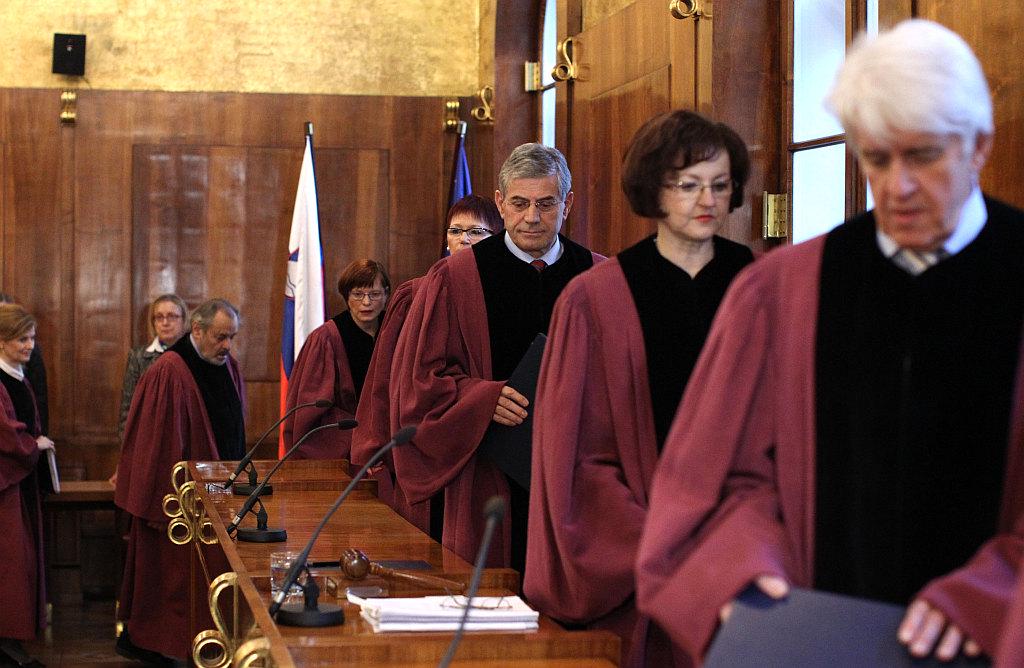The president of the Constitutional Court thus fears that in certain cases too much is expected from the Constitutional Court. He emphasizes the fact that the role of the Constitutional Court is to judge whether during the proceedings (also court proceedings) human rights and fundamental freedoms of an individual have been violated, "But the Constitutional Court is not entitled to interfere with decisions which are not dealing with constitutional rights, or human rights … even if mistakes were made, or the arbitration by the court was wrong," he explained in his conversation with Jolanda Lebar from Radio Slovenija.
Legality does not come first
Constitutional judges do not deal with the question of legality, i.e. the interpretation of law, unless it has been applied arbitrarily, or misinterpreted, or the interpretation directly interferes with a human right. "Most often people feel that injustice was done because they had lost in a dispute, or they believe they were wrongfully convicted. Yet the Constitutional Court does not interfere with such decisions unless it establishes that human rights were indeed violated (based on a constitutional complaint and an enclosed explanatory note)," Mozetič explains.
The Patria case (or any other case): The provisional decision does not imply a final decision
In reference to the Patria case in question, and temporary return of the parliamentary mandate, Mozetič announces: "The provisional decision does not imply the final decision, as defined by the Act on Constitutional Court, or otherwise." Mozetič explains that the Constitutional Court has not yet discussed the constitutional complaints by Krkovič and Črnkovič in the Patria case, although it dealt with Janša's, because the three constitutional complaints were not equal, although they refer to the same penal procedure or verdict. He is convinced that the rule of law is functioning, but he admits that in the last year people started getting the impression that it was not so.
They have made decisions on 256 initiatives for constitutional review
Quite often the Constitutional Court has to decide on attention-grabbing decisions made by the National Assembly. This year the court was in session at 38 plenary sessions, there were 11 sessions of the Administrative Panel, nine of the Criminal Panel, and ten of the Civil Panel. 143 of the initiatives were dismissed, and 36 rejected. On the other hand, in 20 cases the inconsistency of acts with Constitution was established, or a revocation of a decision was made. 914 cases of constitutional appeals were solved as well.
Lately more and more demands for changes of Constitution are being made - at its previous meeting the National Assembly passed two constitutional changes (concerning referendums, and entering of the fiscal rule into Constitution), and at the moment only the motion by the SDS Party is going through a legislative procedure, concerning changes of the government appointment procedure. A motion for adding the right to clean potable water to Constitution is supposedly being prepared as well, and a motion for change of the election system is to be expected.
Ceremonial session
Constitutional Court will mark the Constitution Day, celebrated in the memory of the adoption of the Constitution of the Republic of Slovenia on December 23, 1991, by a ceremonial session, with Dean Spielmann, President of the European Court for Human Rights as the honourable speaker.


































































